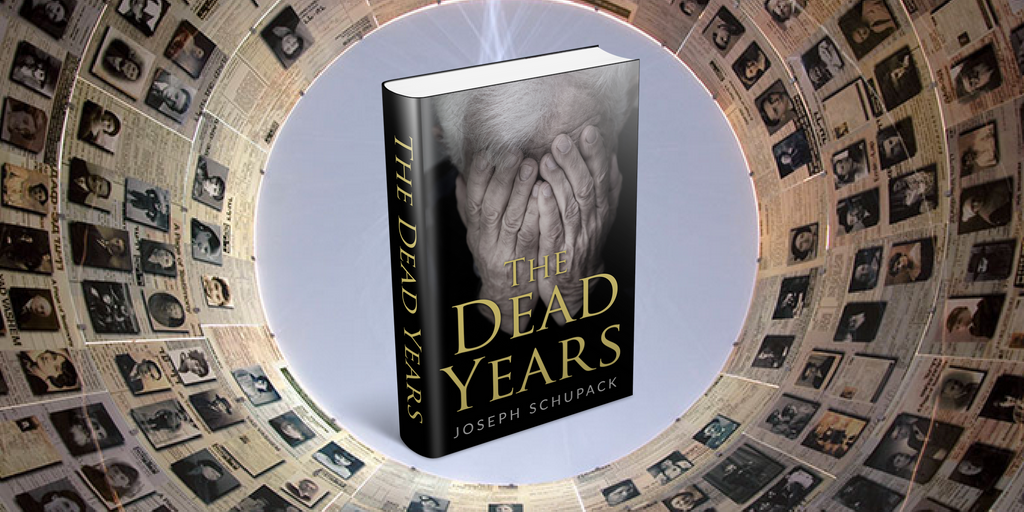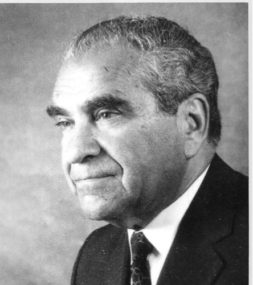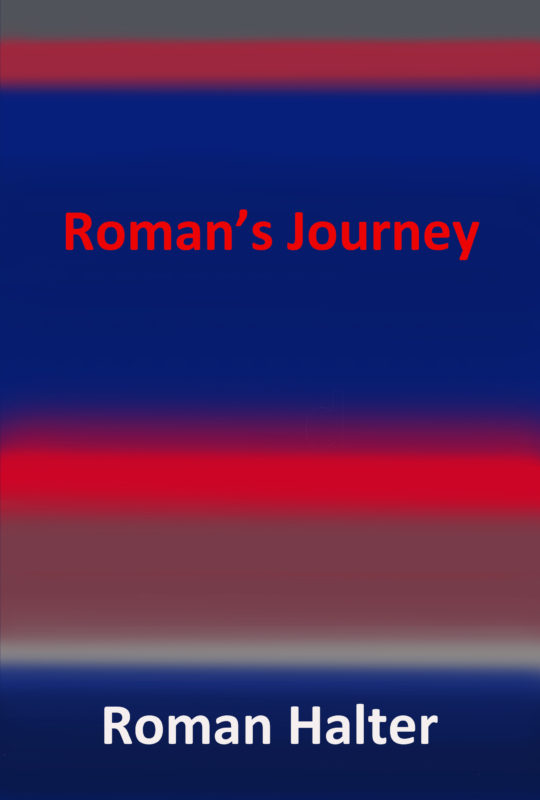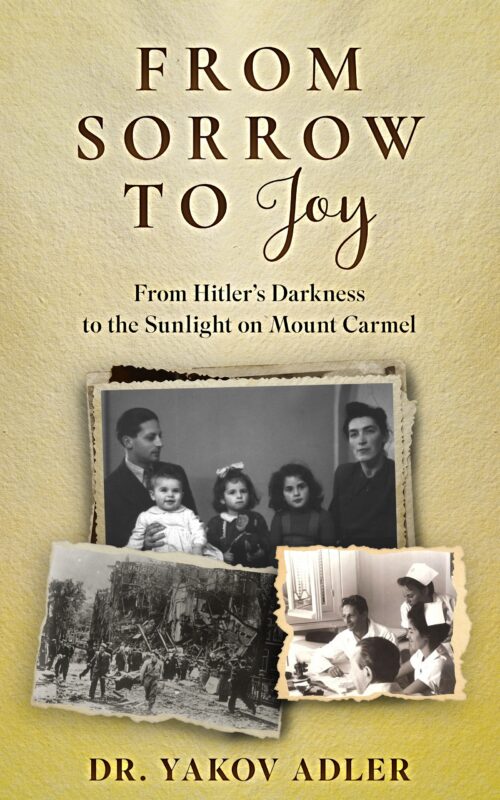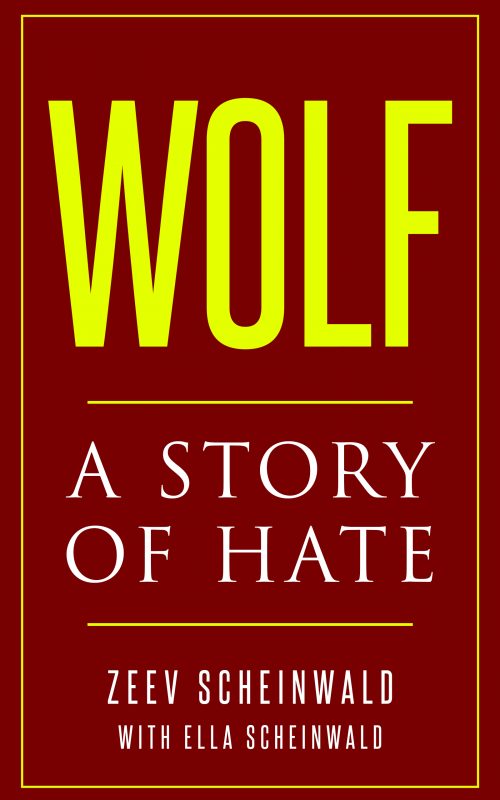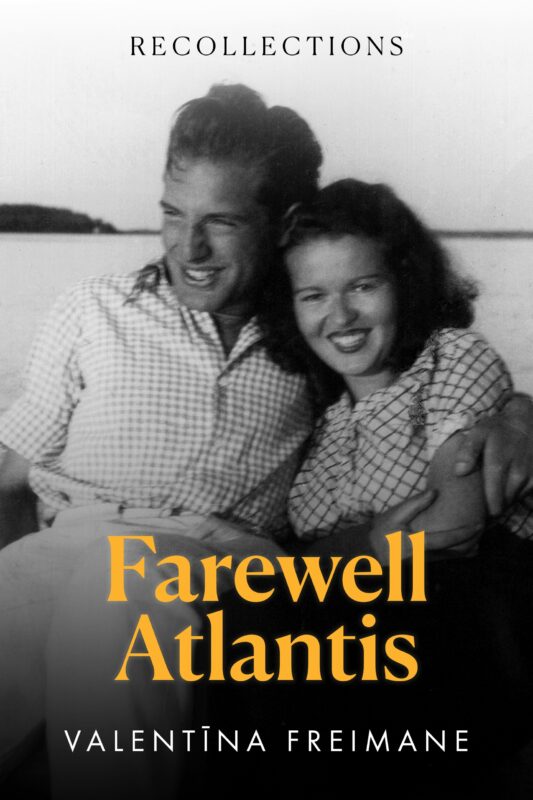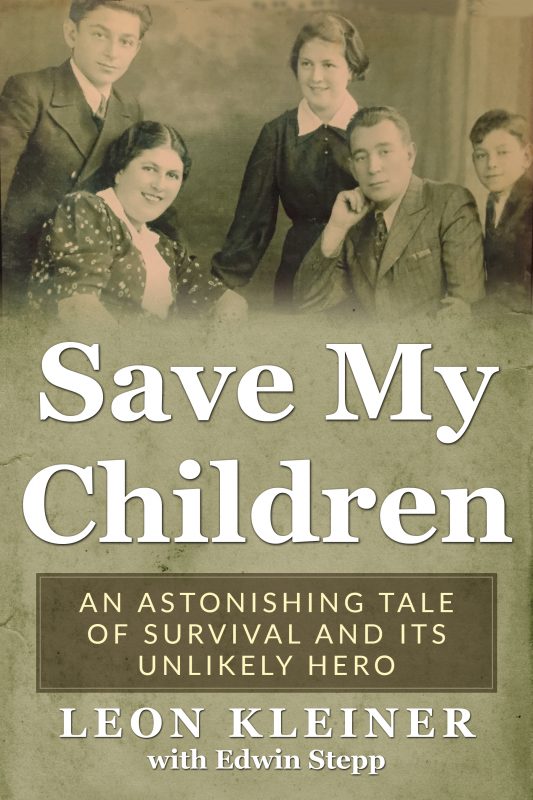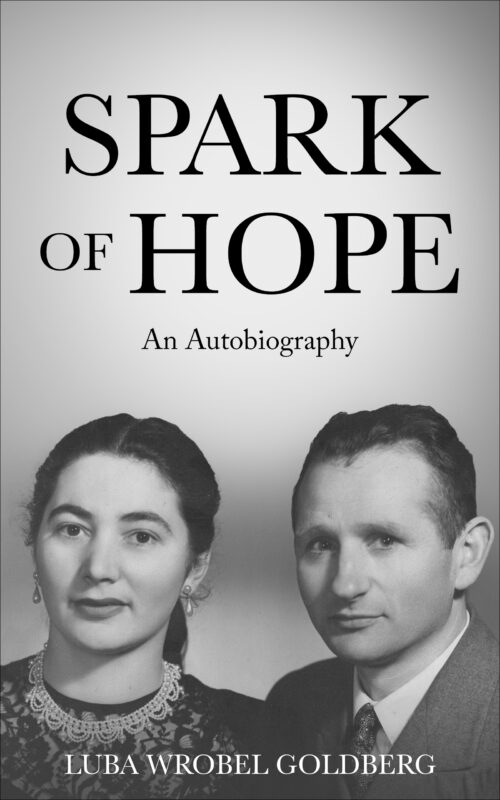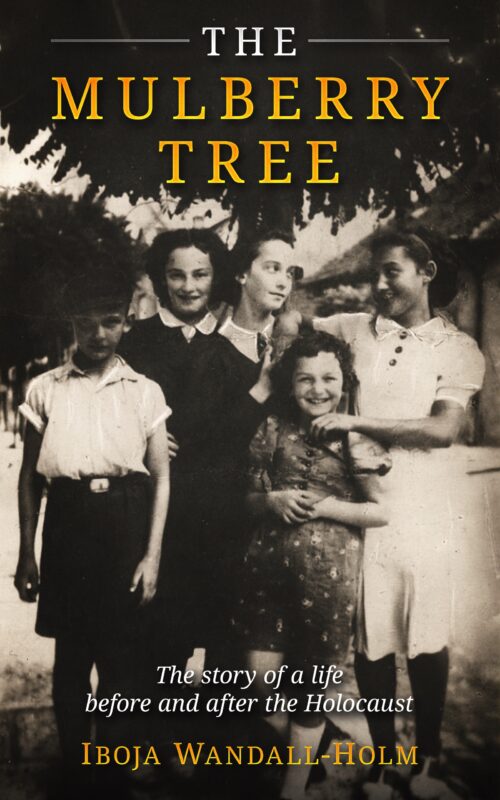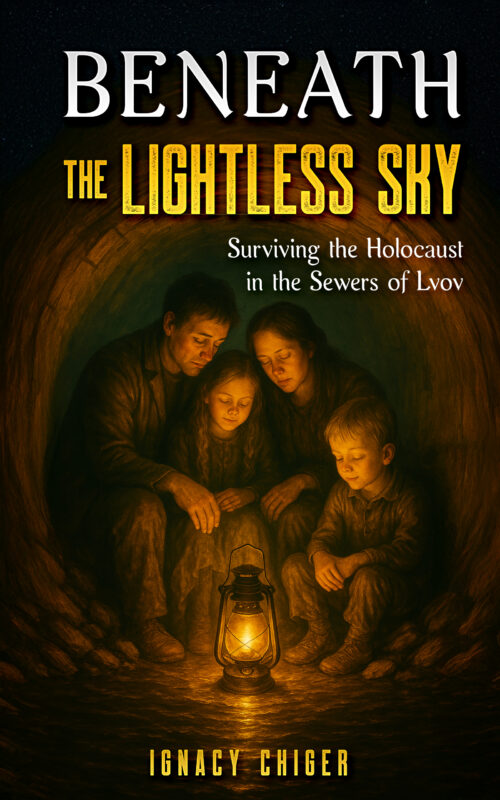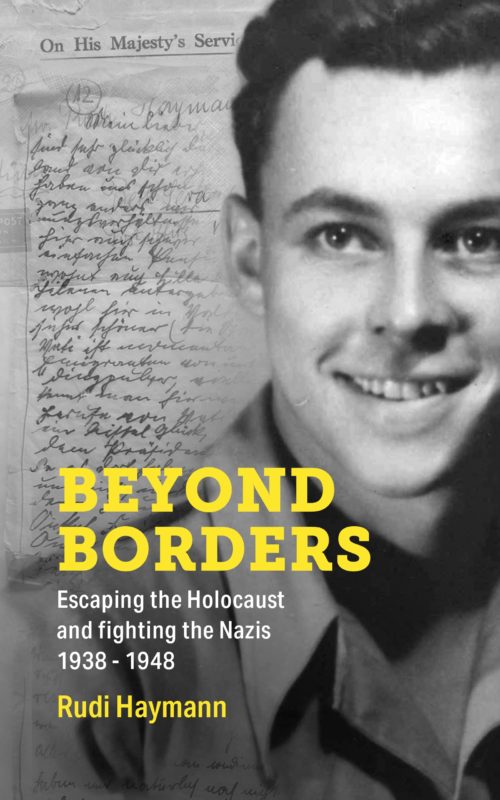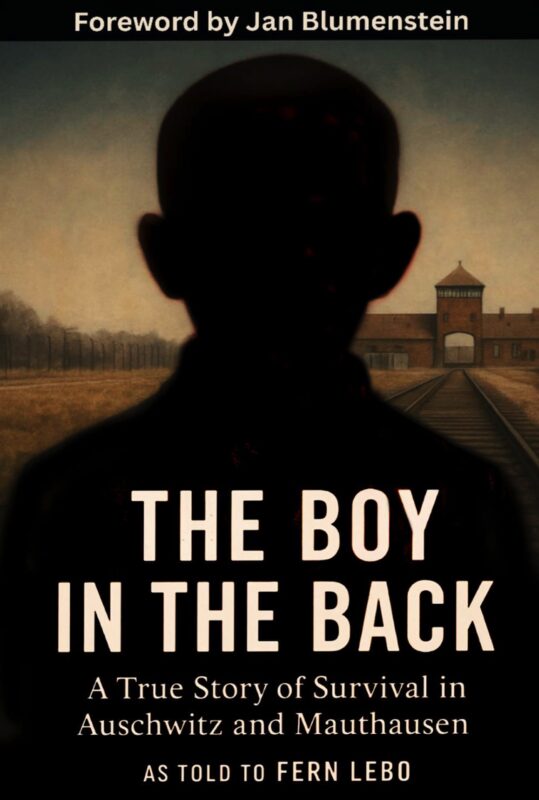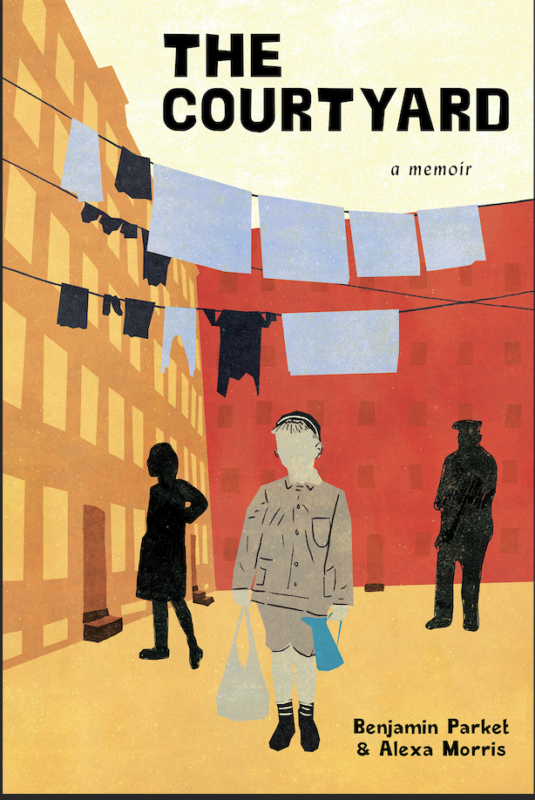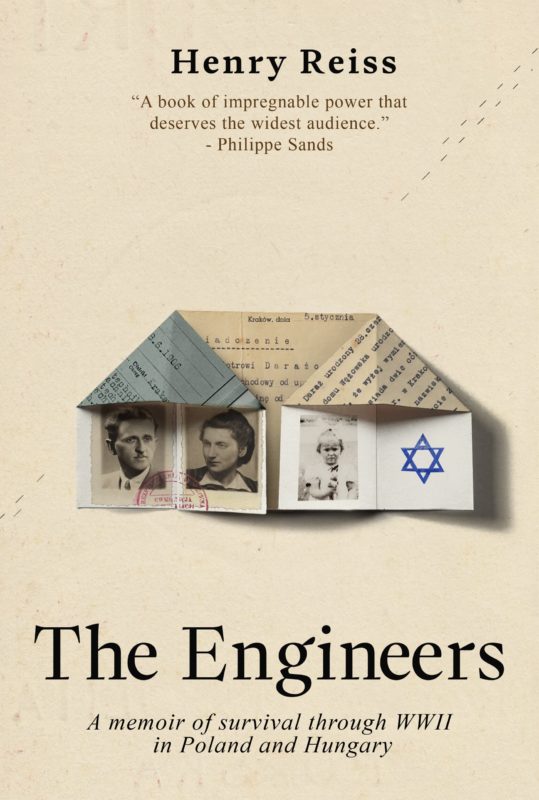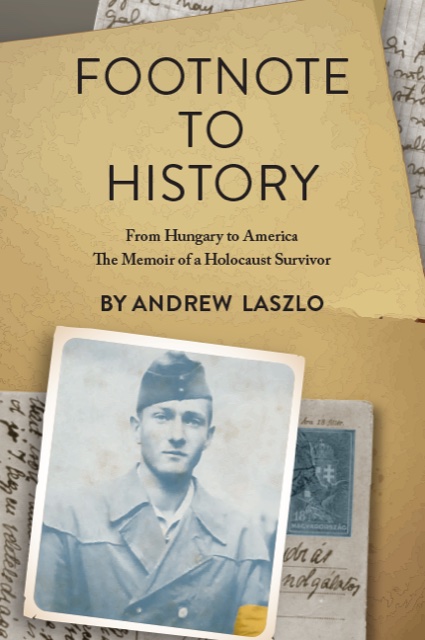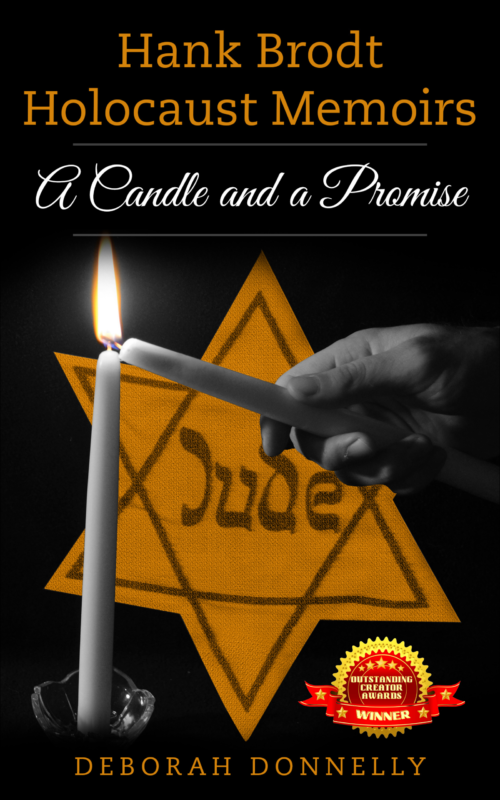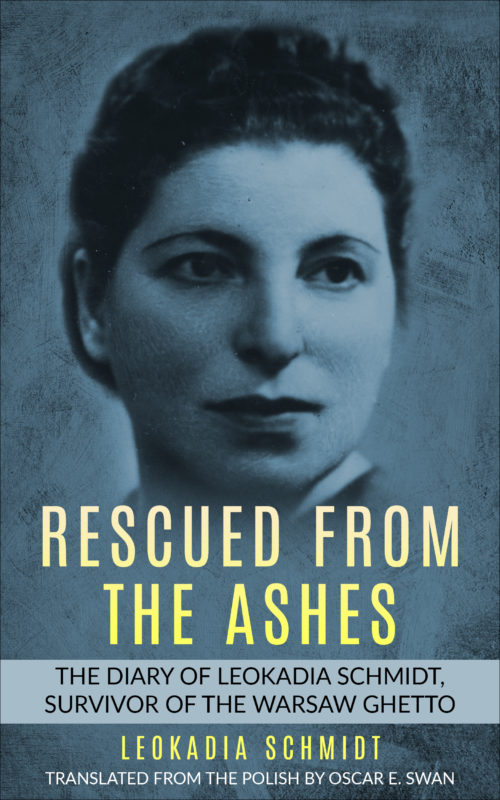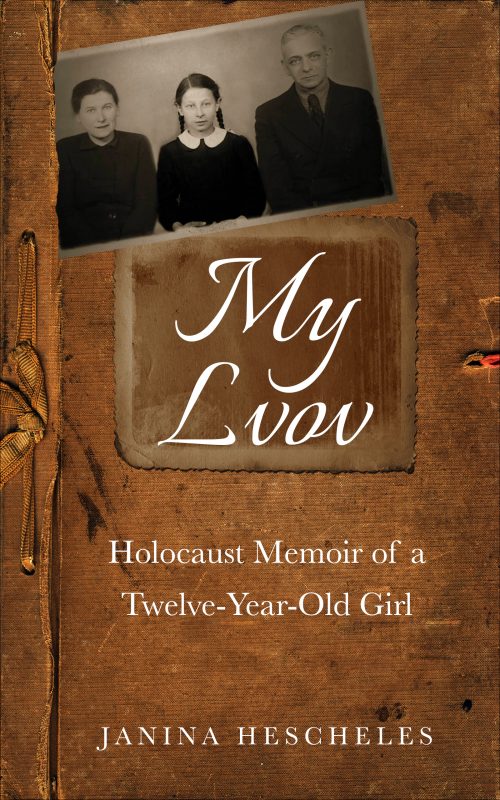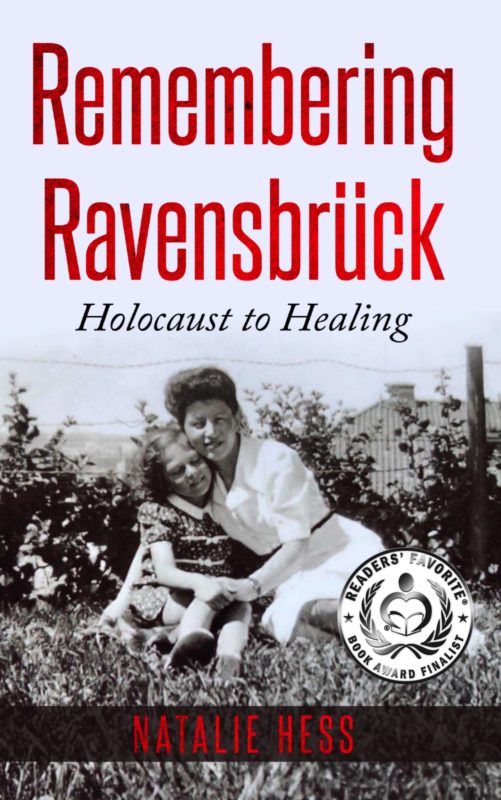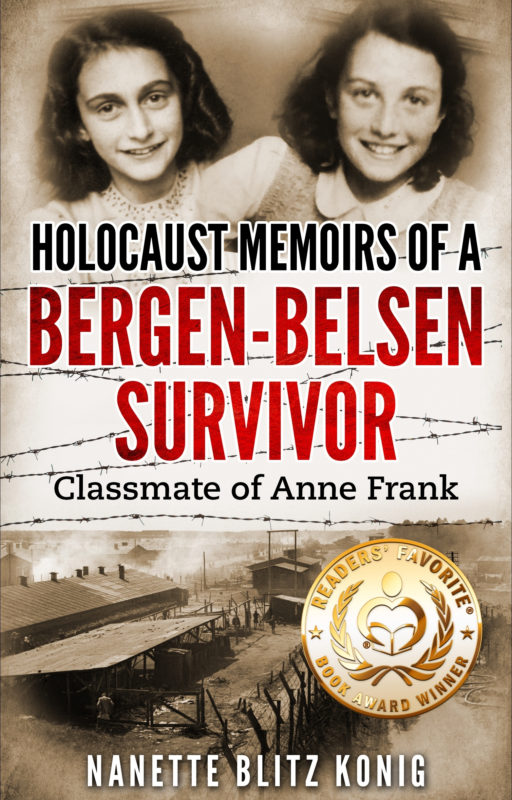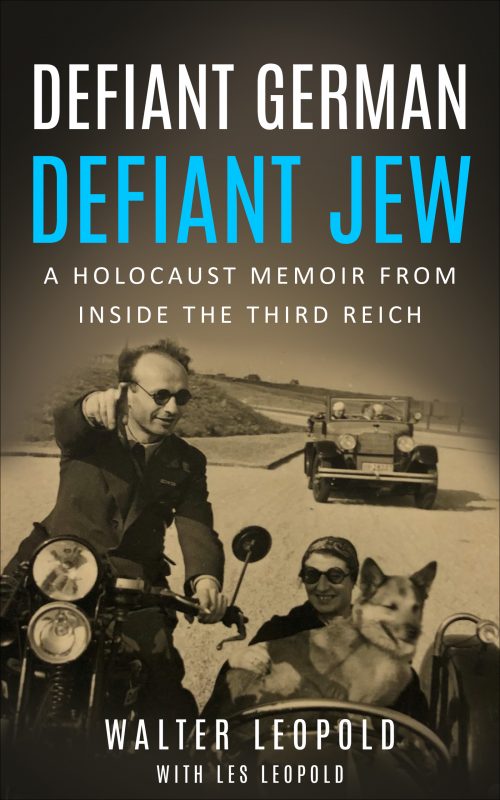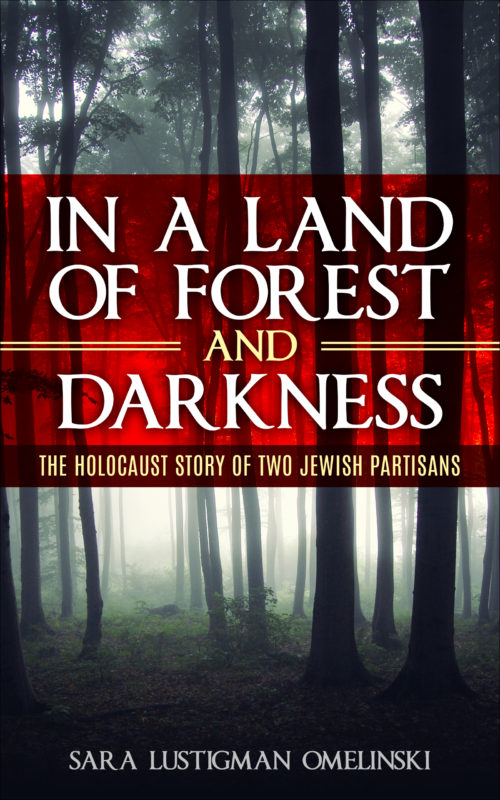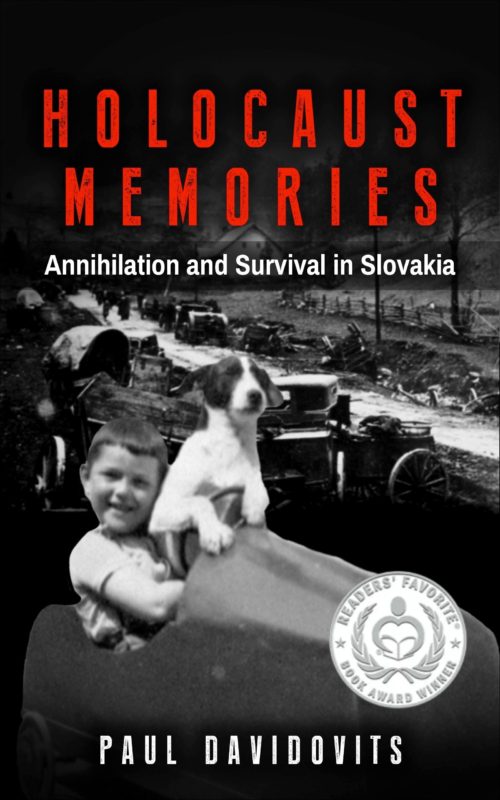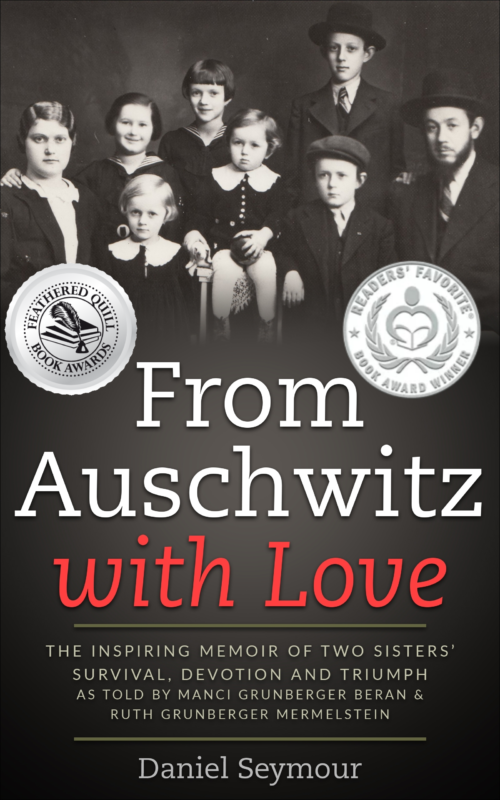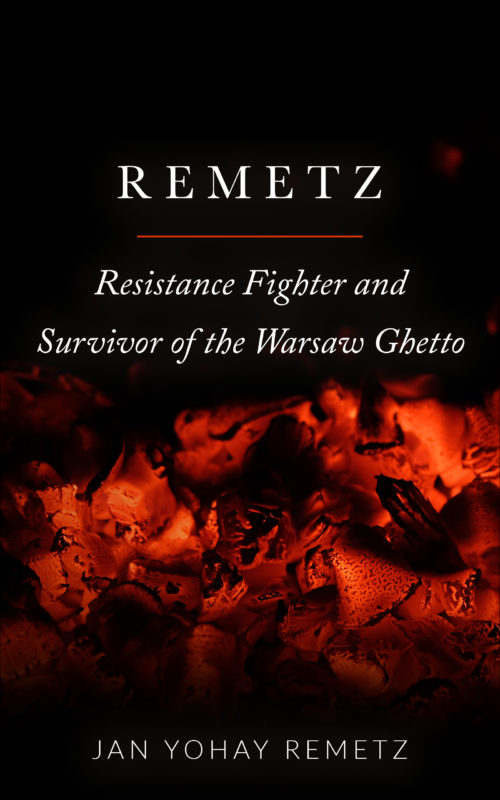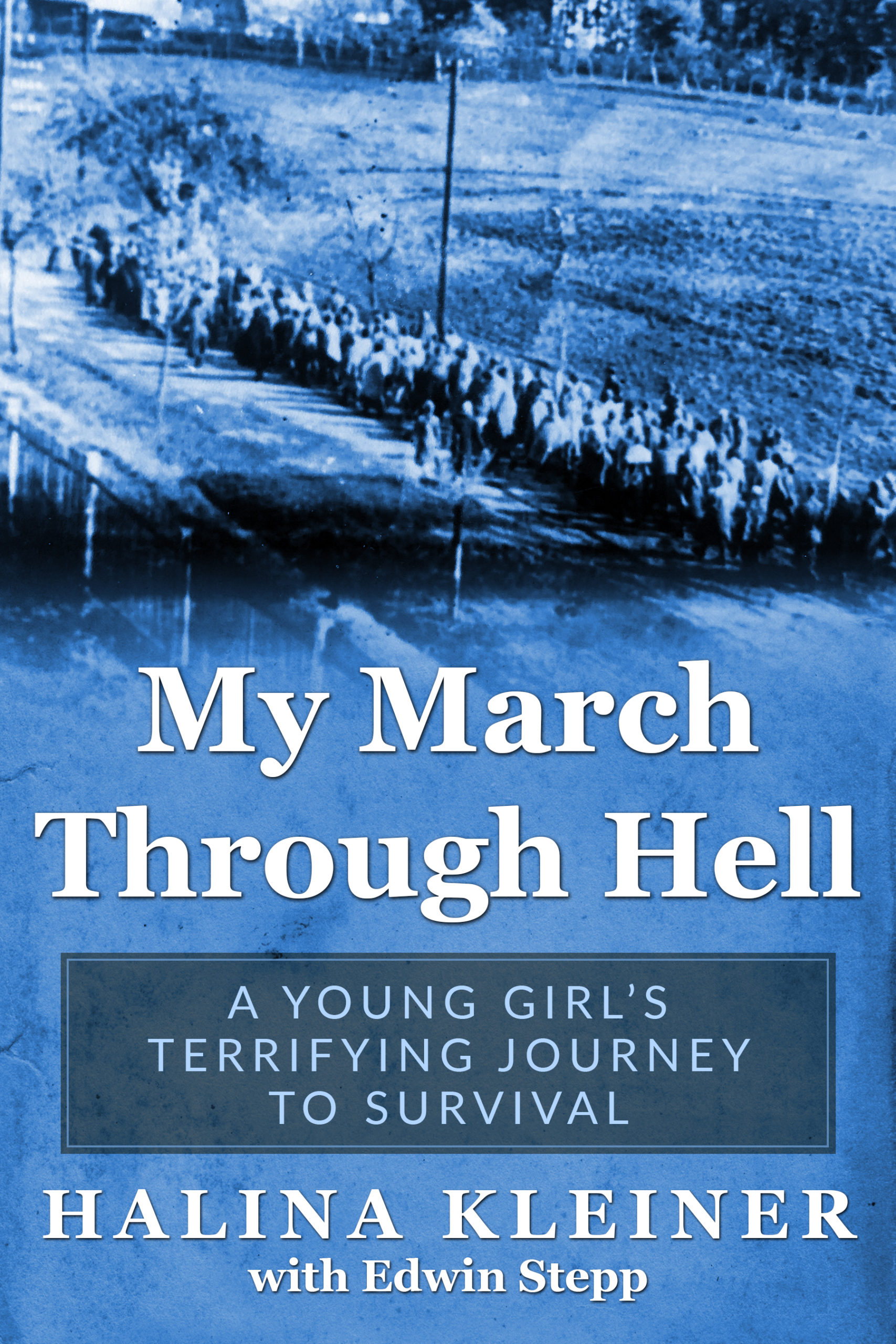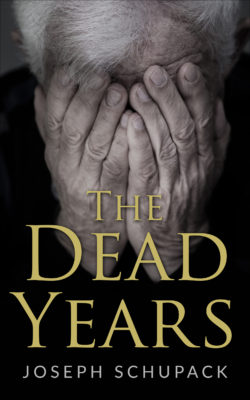
Devastating, eloquent, descriptive, profound; this memoir proves a gem in Holocaust literature.
Joseph Schupack's poignant story offers a unique perspective on the lessons of the Holocaust for future generations. Proceeds benefit YadVashem.
Holocaust survivor stories need to be kept alive
Every year, survivors with unique testimonies are passing away. Soon, we will no longer be able to hear first-hand from the people who survived the Holocaust. Books and video testimonials will be the only ways to get to know their moving stories.
Joseph Schupack has fulfilled a vow to those who did not survive: to write his Holocaust memoirs and offer a unique perspective on the lessons of the Holocaust for future generations.
In The Dead Years Holocaust Memoirs, Joseph Schupack (1922- 1989) describes his life in Radzyn-Podlaski, a typical Polish shtetl from where he was transported to the concentration camps of Treblinka, Majdanek, Auschwitz, Dora / Nordhausen and Bergen-Belsen during the Second World War. We witness how he struggled to remain true to his own standards of decency and being human. Considering the premeditated and systematic humiliation and brutality, it is a miracle that he survived and came to terms with his memories.
The Dead Years Holocaust Memoirs is different from most Holocaust survivor stories
Not only is it a testimony of the 1930s in Poland and life in the Nazi concentration camps – it also serves as a witness statement. This Holocaust book contains a wealth of information, including the names of people and places, for researchers and those interested in WW2, or coming from Radzyn-Podlaski and surroundings. The book takes us through Joseph Schupack’s pre-war days, his work in the underground movement, and the murder of his parents, brothers, sister and friends.
The Dead Years is different from most Holocaust Survivor stories. Not only is it a testimony of the years wasted before the second world war in Poland and subsequently in the concentrationcamps of Majdanek, Auschwitz, Dora / Nordhausen and Bergen-Belsen in Germany and Poland, but it also serves as a witness statement. Although it has been written years after the events took place, the author has tried to mention as many names, places and dates as humanly possible. It contains a wealth of information for researchers and people interested in the era, or coming from Radzyn-Podlaski and surroundings.
The Dead Years is a deeply personal book. Schupack saw how people in the depths of misery shared their last morsel of food, how they were prepared for any sacrifice. There were many examples of brotherly love that grew out of empathetic pain.
Schupack describes the rampant anti-Semitism he encountered when he tried to reclaim his possessions in Poland after the end of the war. For the Poles in his home town, the best Jews were the ones who did not return. A new, strictly anti-Semitic organization had been founded and its primary goal was the liquidation of all Jews returning from hiding or concentration camps.
After the war the author confronted his demons, mentally scarred by his experiences, and suffering from a chronic anxiety about the future and a permanent feeling of insecurity. It is a miracle how he has come to terms with his memories. We are deeply grateful that he confided his memoirs to the paper, so we never forget.
PROCEEDS TO BENEFIT YAD VASHEM
Joseph Schupack’s two sons are grateful to Liesbeth Heenk and Amsterdam Publishers for the opportunity to make their father’s work available to a wider audience and wish to further the project of remembrance of the Holocaust by donating the proceeds of The Dead Years to benefit Yad Vashem’s causes.
Further reading
For more Holocaust memoirs see: Outcry Holocaust Memoirs by Manny Steinberg, Holocaust Memoirs of a Bergen-Belsen survivor and Classmate of Anne Frank by Nanette Blitz Konig, Hank Brodt Holocaust memoirs by Deborah Donnelley, See You Tonight by Salo Muller, Among the Reeds by Tammy Bottner.


